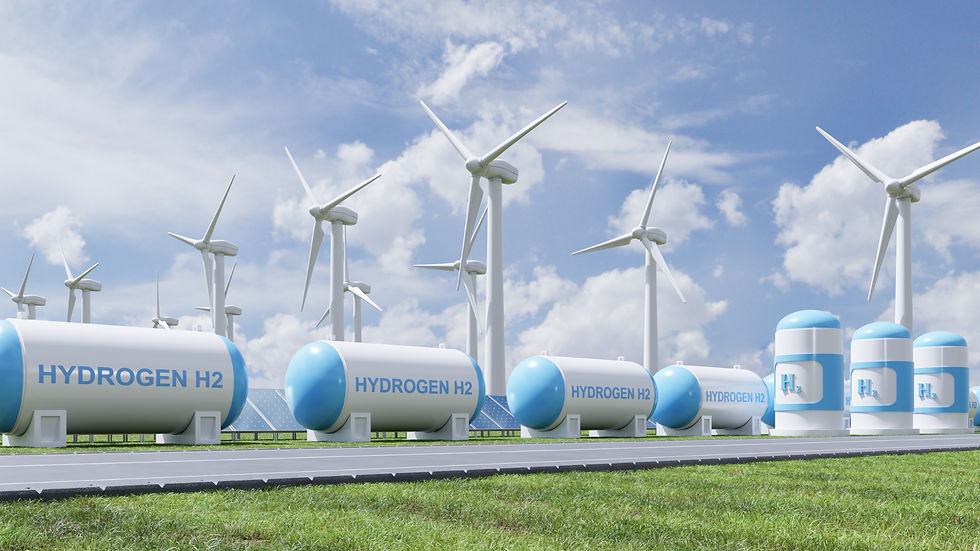From Palm Waste to Power: Unlocking the Potential of Biomass in Southeast Asia
- infoclimatequest
- May 11, 2023
- 1 min read

Southeast Asia's vast palm oil industry generates millions of tonnes of biomass waste annually—ranging from empty fruit bunches (EFB) to mesocarp fiber and palm kernel shells. Much of this biomass is left to rot or burned, releasing methane or pollutants. Yet, these residues hold immense energy potential.
Advanced biomass boilers, gasifiers, and anaerobic digesters can convert this waste into electricity, steam, or biofuels. These technologies offer not only energy self-sufficiency but also carbon avoidance when paired with proper measurement systems under Verra, Gold Standard or Puro Earth methodologies.
Malaysia’s National Biomass Action Plan envisions a bioeconomy that taps into this resource while supporting rural livelihoods. Exporters are also under growing pressure to decarbonize their supply chains due to international traceability and sustainability demands.
Biomass energy projects offer dual benefits: reducing reliance on fossil fuels while unlocking eligibility for green financing and carbon credit revenues. Done right, they align economic gain with climate goals.
👉 Climate Quest provides turnkey biomass project development, including feasibility studies, carbon registration, and financing advisory. [Unlock your biomass potential with us today!]


